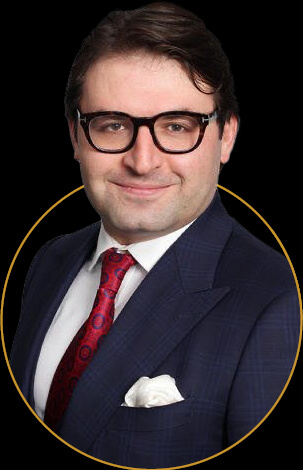Healthscope Limited (ASX:HSO) is a prominent for-profit Australian healthcare provider, operating 41 private hospitals and medical centres across the country. Specialising in a range of services, including psychiatric and rehabilitation care, the company plays a significant role in Australia’s private healthcare sector. Headquartered on St Kilda Road in Melbourne, Healthscope has built a reputation for delivering quality healthcare services, though it has recently faced challenges around rising costs and disputes with health insurers, which have sparked broader industry discussions on sustainability and funding.
Healthscope’s recent decision to terminate its contracts with Bupa and other non-profit health insurers has created significant ripples in Australia’s private healthcare sector. This move could have lasting consequences, particularly for the 6.5 million Australians who hold policies with these insurers. With private hospital operators facing rising costs and declining margins, the dispute signals broader issues within the industry.
The private hospital sector in Australia has been under pressure for several years, with costs rising at a faster pace than revenue. A recent review by Health Minister Mark Butler revealed that private hospital margins had nearly halved in the past five years, pushing many hospitals to the brink of closure. Healthscope’s move comes amid widespread strikes and closures in the industry, which is grappling with a viability crisis. Rising medical expenses, alongside challenges in attracting investment, have left private operators seeking more funding from insurers.
Healthscope’s CEO, Greg Horan, has pointed out that private health insurers, particularly Bupa, have been reaping large profits while refusing to fairly compensate hospitals. The termination of contracts with Bupa and several other insurers reflects the broader dissatisfaction with the current funding model in the healthcare sector, particularly in a time when private hospitals are struggling to remain viable.
Healthscope’s termination of contracts with Bupa and other insurers is a highly unusual move that could reshape the dynamics between insurers and private healthcare providers. The shift comes after Healthscope’s proposal to charge customers of certain insurers an additional fee for treatment, which was met with resistance and legal threats from Bupa. Healthscope’s decision to break ties highlights a significant escalation in the ongoing dispute over who should bear the burden of rising healthcare costs.
The implications for private health insurance customers are stark. With Healthscope’s hospitals now likely to charge out-of-pocket fees, Australians who rely on Bupa and other affected insurers may face significant financial strain. Although the Australian government’s regulations will still require insurers to pay 85% of the average rate for treatments, the remaining costs could be substantial for patients.
This dispute has raised the possibility of reform in Australia’s private healthcare system. As private hospital groups struggle to stay afloat, there may be an opportunity to rethink the relationship between insurers, healthcare providers, and the government. The Australian Private Hospitals Association (APHA) has warned that more hospitals will be forced to charge extra patient fees if insurers do not increase their contributions. This could lead to a scenario where insurers, hospitals, and the government must collaborate more effectively to ensure the sustainability of the private healthcare system.
Moreover, Healthscope’s decision may prompt insurers to reconsider their pricing strategies or pursue out-of-cycle funding payments to prevent further disruptions. The fact that Medibank Private, NIB, and HCF have already agreed to such payments in the past suggests that more partnerships may be formed between insurers and private operators to address the funding gap.
While the dispute remains unresolved, it highlights the need for a broader, more sustainable approach to private healthcare funding. With private health insurers seeking premium increases of up to 6%, there is a real opportunity for reform in how the sector operates, ensuring both the viability of private hospitals and the affordability of health cover for Australians.

Michael Kodari is a globally recognised investor, philanthropist, and leading financial markets expert, renowned for his exceptional performance. With a strong foundation in financial markets, Michael has advised leading financial institutions and governments.
Chifley Tower, 2 Chifley Square,
Sydney NSW 2000
1300 854 151
© 2025 KOSEC | Kodari Securities Pty Ltd | ABN 90 147 963 755 | FSG | Terms & Conditions | Disclaimer & Legal
© 2025 KOSEC | Kodari Securities Pty Ltd
ABN 90 147 963 755
KOSEC - Kodari Securities does not provide any investment advice, nor is anything mentioned an offer to sell, or a solicitation of an offer to buy any security or other instrument. Anything discussed is for informational purposes only and does not address the circumstances or needs of any particular individual or entity. Investing in the stock market is high risk. Under no circumstances should investments be based solely on the information provided. We do not guarantee the security or completeness of information on this website and are not held liable. Kodari Securities PTY Ltd trading as KOSEC is a corporate authorized representative (AFSL no.246638) which is regulated by the Australian securities and investment commission (ASIC).